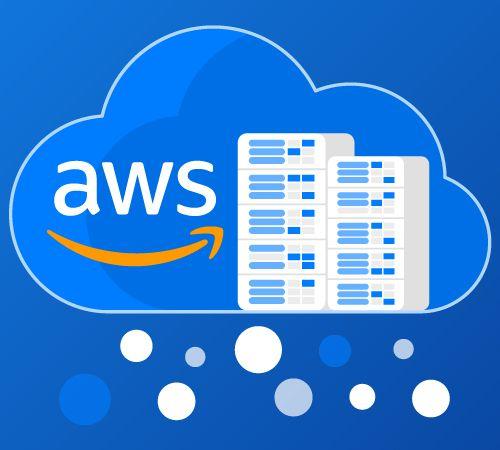The Growing Search for Cloud Independence: Exploring AWS Alternatives in India

India’s digital infrastructure is expanding at a remarkable pace, driving businesses of all sizes to rethink their cloud strategies. The growing dependence on global cloud giants has led many organizations to explore AWS alternative in India—options that offer reliability, compliance with local regulations, and cost advantages. This shift isn’t about competition alone; it’s about control, accessibility, and adaptability in a market as diverse as India.
Over the past few years, Indian startups, enterprises, and public institutions have become increasingly conscious of where their data resides. With the rise of data localization policies and an emphasis on privacy, companies are seeking local cloud service providers who understand regional challenges and compliance landscapes. These providers often deliver tailored services, transparent pricing, and customer support aligned with Indian business realities.
The appeal of domestic cloud platforms lies not just in cost but in proximity. Data centers within India reduce latency for end users, which is critical for sectors like fintech, e-commerce, and healthcare. Moreover, smaller businesses—especially startups—find local providers more flexible in pricing and contractual terms. Instead of committing to complex pricing models and long-term contracts, they can scale usage gradually as their needs evolve.
While global players like AWS, Microsoft Azure, and Google Cloud maintain a strong foothold, Indian providers such as NxtGen, ESDS, and CtrlS are gaining recognition for their localized solutions. They combine cloud infrastructure with managed services, offering a simplified path for organizations that lack extensive in-house IT teams. Additionally, government-backed initiatives promoting data centers across the country are encouraging further investment in homegrown cloud technologies.
Another dimension of this trend involves sustainability and energy efficiency. Many Indian cloud companies are investing in green data centers powered by renewable energy sources. This aligns well with the nation’s commitment to sustainability goals and appeals to organizations mindful of their carbon footprint.
Security, once a concern for smaller providers, has significantly improved. Modern Indian cloud services now adhere to global standards like ISO/IEC certifications, ensuring strong encryption, disaster recovery mechanisms, and uptime commitments comparable to international competitors. For enterprises handling sensitive data, this parity in quality and protection is a decisive factor.
The movement toward local cloud adoption is not a rejection of global infrastructure but an evolution toward self-reliance and strategic diversification. Businesses are learning to balance global reliability with local agility. As digital operations expand and new regulations emerge, having cloud choices closer to home strengthens operational continuity and compliance readiness.
The demand for AWS alternative in India reflects a broader awareness among businesses to align technology decisions with regional priorities, economic efficiency, and long-term resilience. It signals a maturing ecosystem where organizations seek not just cloud solutions—but solutions that understand India.







